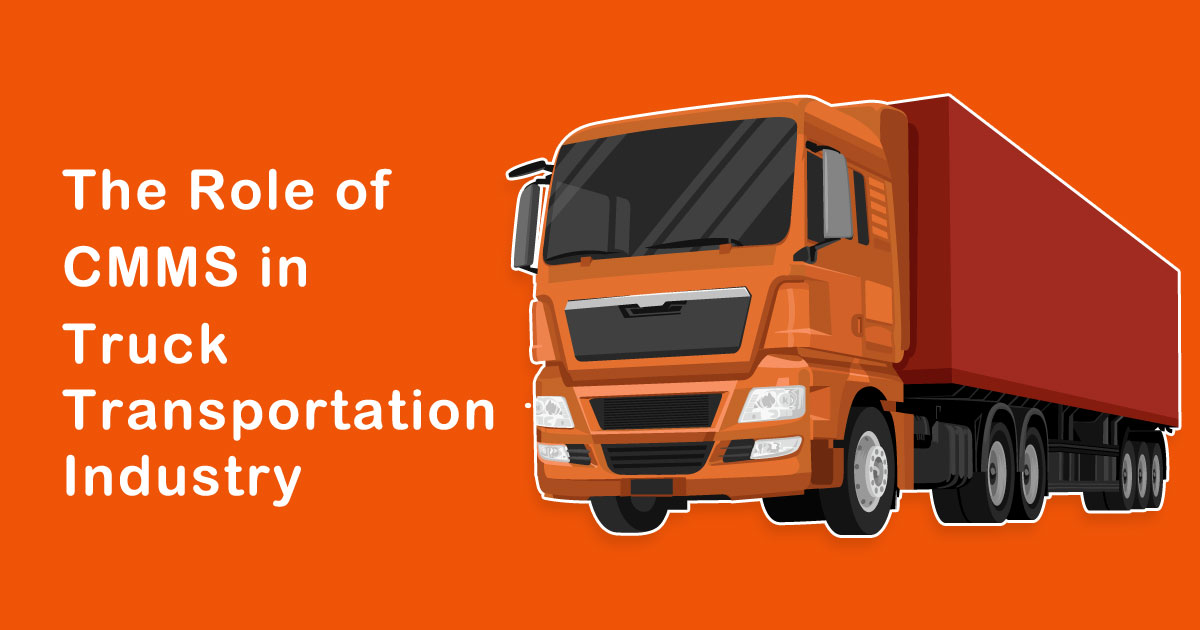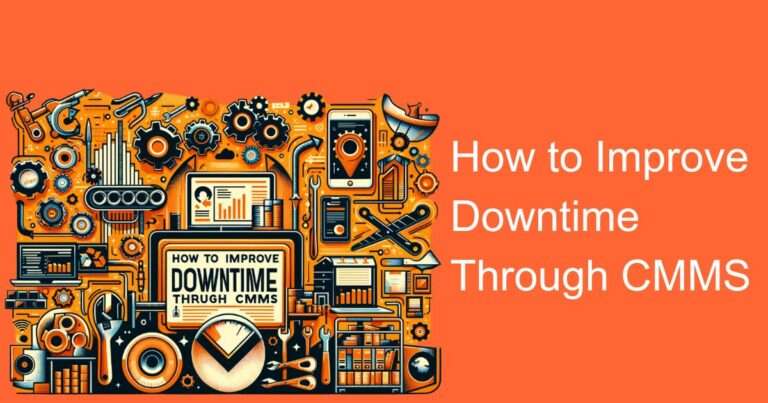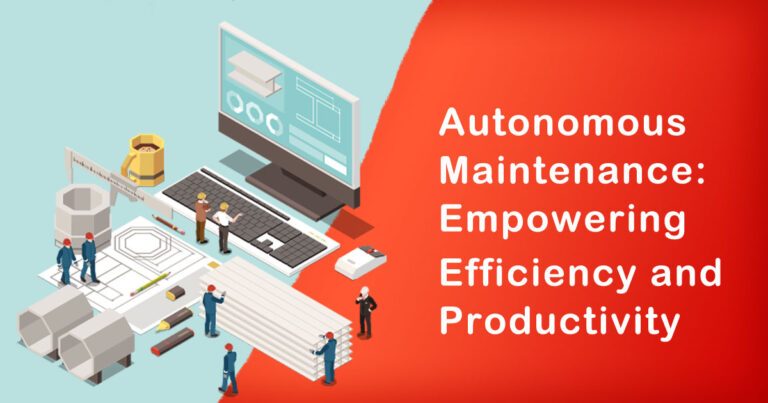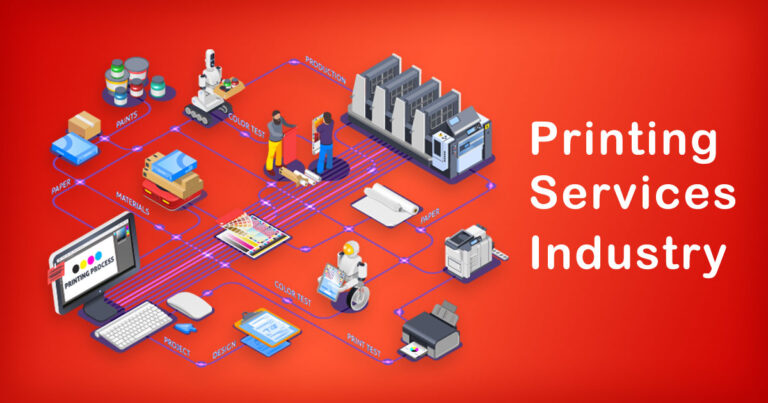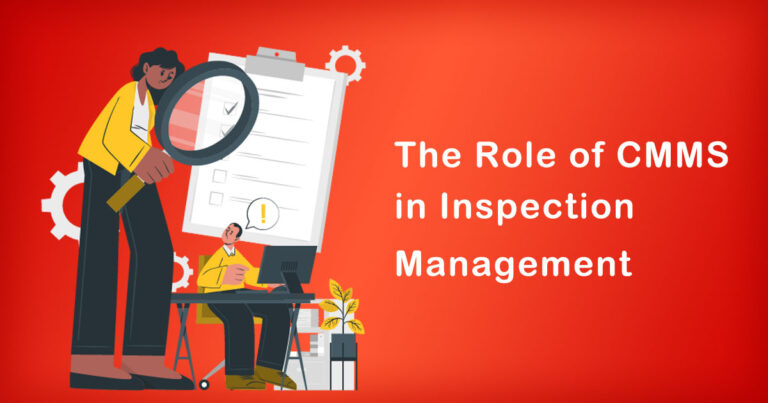Introduction
India’s truck transportation industry serves as the backbone of the nation’s economy, facilitating the movement of goods across vast distances. However, managing a fleet of trucks and ensuring their optimal performance can be a daunting task. This is where Computerized Maintenance Management Systems (CMMS) play a crucial role. In this article, we will explore the significance of CMMS in the Indian truck transportation industry, examining the benefits it offers and its potential to revolutionize fleet management practices.
1 Enhancing Fleet Maintenance Efficiency:
Efficient fleet maintenance is vital to ensure smooth operations and minimize downtime. CMMS enables trucking companies to streamline their maintenance processes by automating tasks such as scheduling regular inspections, managing work orders, and tracking maintenance history. By centralizing data and automating workflows, CMMS empowers fleet managers to monitor maintenance activities, identify recurring issues, and implement preventive maintenance strategies effectively. This results in reduced breakdowns, improved vehicle reliability, and optimized maintenance costs.
2 Increasing Asset Utilization:
In the truck transportation industry, maximizing asset utilization is crucial for profitability. CMMS offers real-time visibility into fleet operations, enabling companies to track key performance indicators such as vehicle availability, utilization rates, and fuel consumption. By analyzing this data, fleet managers can identify underutilized vehicles, optimize routes, and make informed decisions regarding fleet size and deployment. The ability to monitor asset utilization in real-time helps companies reduce idle time, enhance resource allocation, and improve overall fleet productivity.
3 Ensuring Regulatory Compliance:
Compliance with regulatory standards is a significant concern for trucking companies in India. CMMS assists in adhering to various regulations related to vehicle inspections, maintenance records, and safety checks. By automating compliance-related tasks and generating accurate reports, CMMS helps companies demonstrate their adherence to regulatory requirements. This not only minimizes the risk of penalties and legal issues but also enhances the company’s reputation for being a responsible and law-abiding player in the industry.
4 Data-Driven Decision Making:
CMMS generates a wealth of data regarding fleet performance, maintenance costs, and asset utilization. By leveraging advanced analytics and reporting capabilities, fleet managers can gain valuable insights into their operations. They can identify trends, spot patterns, and make data-driven decisions to optimize fleet performance, reduce maintenance costs, and enhance overall operational efficiency. These insights enable companies to proactively address potential issues, improve resource allocation, and ensure a competitive edge in the market.
5 Improved Customer Satisfaction:
In the competitive truck transportation industry, customer satisfaction is paramount. CMMS plays a pivotal role in ensuring on-time deliveries and reliable service. By monitoring maintenance schedules and tracking vehicle performance, fleet managers can minimize unexpected breakdowns and delays. This reliability helps build trust with customers, leading to repeat business and positive word-of-mouth referrals. Furthermore, CMMS enables companies to provide accurate updates to customers regarding shipment status, enhancing transparency and customer satisfaction.
Conclusion:
The Indian truck transportation industry faces numerous challenges, but CMMS offers a solution to many of them. By streamlining maintenance processes, optimizing asset utilization, ensuring compliance, facilitating data-driven decision-making, and improving customer satisfaction, CMMS can revolutionize fleet management practices. As the industry continues to grow and evolve, adopting CMMS becomes increasingly essential for trucking companies seeking to gain a competitive advantage, enhance operational efficiency, and maximize profitability.
Disclaimer: The views and opinions expressed in this article are solely those of the author and do not necessarily reflect the official policy or position of any truck transportation company or organization.


